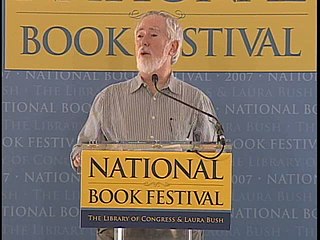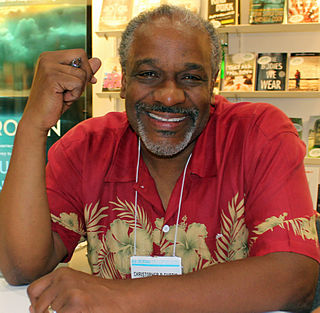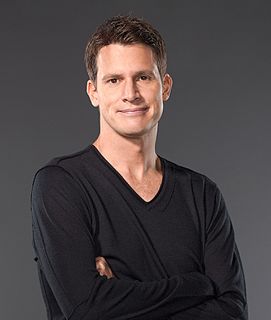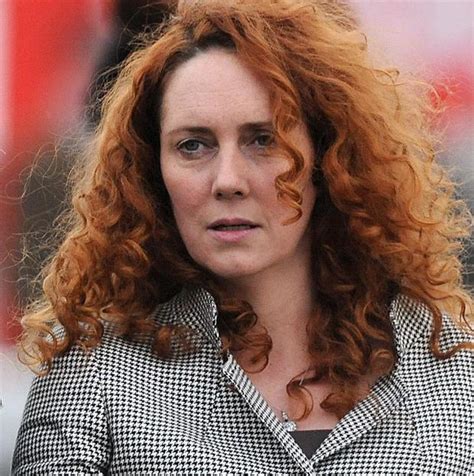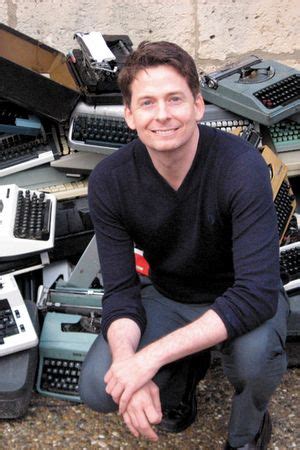A Quote by Theodore Sturgeon
I sent The World Well Lost to one editor who rejected it on sight, and then wrote a letter to every other editor in the field warning them against the story, and urging them to reject it on sight without reading it.
Related Quotes
My last point about getting started as a writer: do something first, good or bad, successful or not, and write it up before approaching an editor. The best introduction to an editor is your own written work, published or not. I traveled across Siberia on my own money before ever approaching an editor; I wrote my first book, Siberian Dawn, without knowing a single editor, with no idea of how to get it published. I had to risk my life on the Congo before selling my first magazine story. If the rebel spirit dwells within you, you won't wait for an invitation, you'll invade and take no hostages.
Newspapers have been likened to steamships that move very slowly, in terms of their direction. And when a reporter is sent out on a story, if that reporter has his or her own personal standards and is given a certain amount of time, they're going to probably do as good a story yesterday or tomorrow as they did the day before yesterday when there was a different editor there. But an editor provides vision. An editor decides what's going to be on page one, what gets rewarded, who's given more time, who's given what beats. They set a direction.
I find myself acting for an editor more, because there's a quick turnaround with television, so you want to try and seem like you're as frenetic as possible, while replicating your movement so you're giving the editor more opportunity to cut within the different takes. If you're so crazy that you're sitting in one take and standing in another, the editor can only choose one take or the other. But if you can wrangle yourself into the same spot over and over, then you give them more choices for you.
Before I wrote my first novel, 'The Expats,' I spent nearly two decades at various arms of publishing houses such as Random House, Workman, and HarperCollins, mostly as an acquisitions editor. But a more accurate title for that job might be rejection editor: while I acquired maybe a dozen projects per year, I'd reject hundreds upon hundreds.
It's great to create a story and then to submit it to your editor and see what her reaction is to it. It's great to have your editor tell what her suggestions and ideas for the story are. It's great to explain to your editor why her ideas and suggestions are bizarre and to ask her why is she trying to ruin my story.
What makes a good editor is staying the hell out of the way as much as possible. ... If you're a DC or Marvel or Dark Horse or BOOM! editor who's assigning work, then if you did your job properly to begin with, then the people you've hired can be trusted to do what they do without excessive meddling. The ideal situation you're shooting for as an editor is to groom a collaborative creative team to the point where their work sails effortlessly through production and the most you have to do is fix the spelling and the commas.
I always wondered if those WWJD bracelets worked, so I bought one the other day. Well, a few minutes later, I was on a plane and this little kid was kicking my seat repeatedly, while his sister sang along with her walkman and their mother just sat there. I almost turned around and went off, and then I caught sight of my bracelet. What would Jesus do? So I lit them on fire and sent them all to Hell.
The original idea of blog publishing was that writer and reader would be on the same level. That it would be a conversation - not a lecture. People lost sight of that. We didn't. Kinja is designed to break down the walls of the ghettos. So that everybody - editor, writer, source, subject, expert, fan - can be a contributor.








